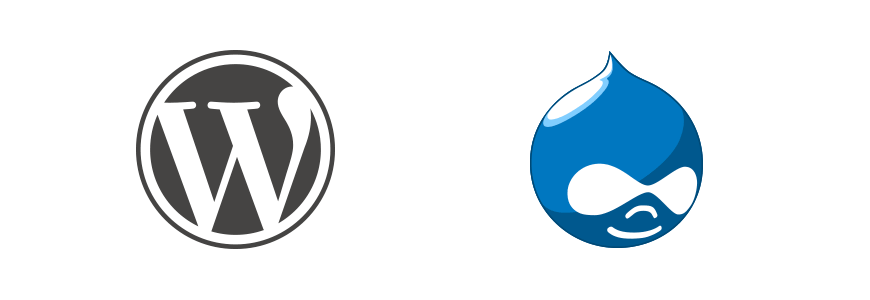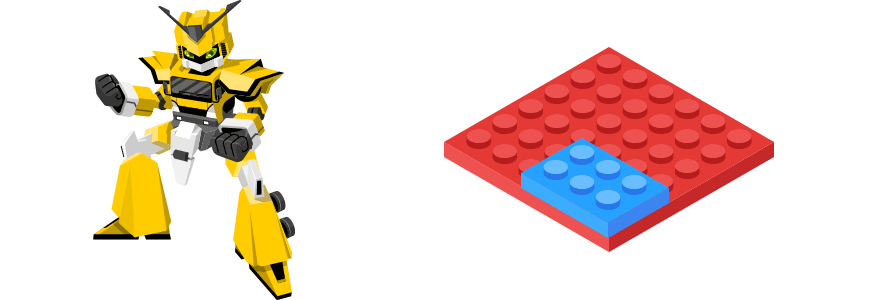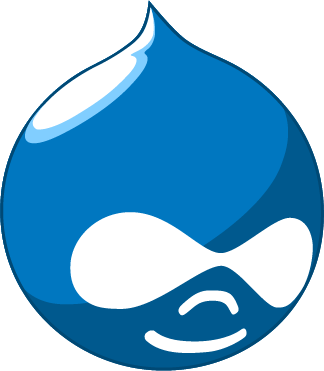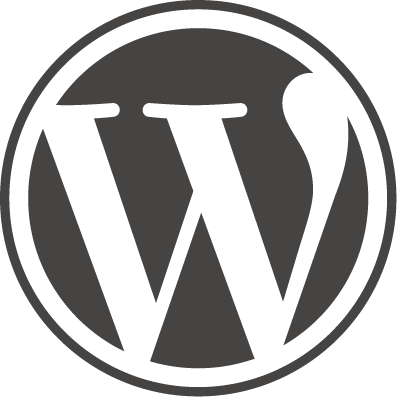
A Content Management System (CMS) enables a non-tech-savvy person to add content to a website. No knowledge of HTML or CSS is required.
Two popular CMS’ are WordPress and Drupal. Is one better than the other? No. (Although there are developers and marketers out there that have strong preferences.)
Which one works best for you depends on your website needs and business goals. It also depends on whom you choose to work with and what they have experience doing.
Transformers and Lego

WordPress is like a transformer. With a few twists and turns, you can transform it into a usable website and get it launched fast. But you’re somewhat limited to what it can do.
Drupal is like Lego. Instead of a complete prebuilt solution, it is more of a framework. With these building blocks, you can build it into anything you want. The possibilities are endless. (But it does take longer to put together.)
Which CMS is easier to use?
Are you planning to set up and maintain your website yourself? If you have no HTML or CSS knowledge, use WordPress. It’s easy to install and there are tons of themes that are ready to go. You can also install plugins yourself. None of these tasks require knowledge of HTML or CSS.
Drupal has a steep learning curve and requires Drupal developers to set up the site for you. You also need a developer to install any plugins (called modules in the land of Drupal).
Once the site is set up, Drupal is easy to add simple content to.
Takeaway: WordPress is better for people without dev support or HTML/CSS knowledge. Drupal requires a web development team to set up the site for you. Once set up, both are easy to add content to.
Which one has better security?
Drupal has enterprise-level security. The whitehouse.gov site uses Drupal.
WordPress plugins can have vulnerabilities that make them easier to hack. (It’s also possible this in part because of its huge reach.)
But, there are third-party plugins that can increase security.
Takeaway: If enterprise-level security is important for your business, you need Drupal.
Is WordPress better for mobile/responsive sites?
Both Drupal and WordPress work for mobile and responsive websites. Contrary to popular opinion, you do not need a separate m-dot domain for Drupal (e.g. m.cheekymonkeymedia.ca).
Takeaway: Both Drupal and WordPress are great for mobile and responsive design.
Which one is better for SEO?
Both websites have plugins/modules available to help with basic SEO. You can add metadata, create XML sitemaps, structured data (like Schema), and more.
For Drupal, there are a couple of essential modules like the Metatag and the XML sitemap module. (Check out this Drupal SEO post for a full list.)
Yoast is user-friendly and the most popular plugin for WordPress. Check out the full list of Yoast plugins here.
However, optimizing pages with keywords and creating XML sitemaps won’t make you rank. (In a competitive niche, at least.) You need a solid SEO and content strategy alongside clean, crawlable code. (Pssst, we can help with that!)
Takeaway: Both CMS’ have the ability to optimize your website. But, SEO is not only about optimizing content. Your site needs to have the content people are looking for. The latter is the challenging part and no CMS is going to do that for you.
Which one is more expensive to use?
Both WordPress and Drupal are free to use.
For a straightforward website with little or no customization, WordPress will be cheaper. It also has a lot of themes available for little or no cost which will cut back on costs.
If you need a lot of customization that requires development time, both sites can be on par with one another. Keep in mind that if you choose a dev with little Drupal experience, it has a steep learning curve. We recommend choosing experienced Drupal developers. (Like Cheeky Monkey Media.)
Takeaway: WordPress is more inexpensive for simple websites that need little customization. Drupal sites usually need a bigger development budget.
Which CMS is faster?
Page speed is an important ranking factor for conversion rates and site usability. 40% of people abandon a website that takes more than 3 seconds to load.
Drupal has a slight advantage here because it has built-in caching. (Without going into a confusing explanation, this delivers content faster.) Drupal is also less resource-intensive unless you have too many modules.
But, WordPress is far from being slow. As long as you keep your plugins in check, you can have a fast site.
Both CMS’ can be fast with the right optimization. You can: optimize images, use minimal plugins/modules, keep your code simple, use a CDN (like Cloudflare) and use a fast server.
Takeaway: Both WordPress and Drupal can have fast page speeds. Drupal has a slight edge because of built-in caching and a less resource-intensive framework.
Which one is more scalable?
Both sites are scalable. They both can have thousands of users and millions of visitors a month (with the right servers).
Drupal has an advantage because you select only modules that you need per page. With WordPress, each plugin works on every single page. Then you need to install more stuff to make it more scalable. And the more stuff you add, the more resource-intensive it becomes.
Takeaway: Drupal still has the edge for scalability because of its modular system.
How to Choose The Right CMS
Please keep in mind that the lists below are very generalized. It is possible to do complex things with WordPress, and it can do much more than blog posts and articles.
Every solution is on a case-by-case basis. These simply provide general guidelines about when you might use one over the other.
At the end of the day, both CMS’ are tools and not solutions.
When To Use Drupal
- Enterprise-level security is required
- Your site will have 5000+ pages
- You need app-like features
- You need very granular control over user permissions
- You need to pull data from multiple (or big) databases
- Your site is very complex
 When To Use WordPress
When To Use WordPress
- Your site is blog posts and articles only
- You plan to set up the site yourself with no dev experience
- You need to get your site set up by next week
- Your budget is limited
- Don’t need any specialty plug-ins
The Bottom Line
In the end, both platforms are solid choices to build your web presence on. They will excel at managing your content and can make your website more efficient.
Every situation is unique, and every solution is unique. And sometimes people simply have preferences. That’s okay.
If you would like to talk with us about what will work best for your business, we are always happy to hear from you.

